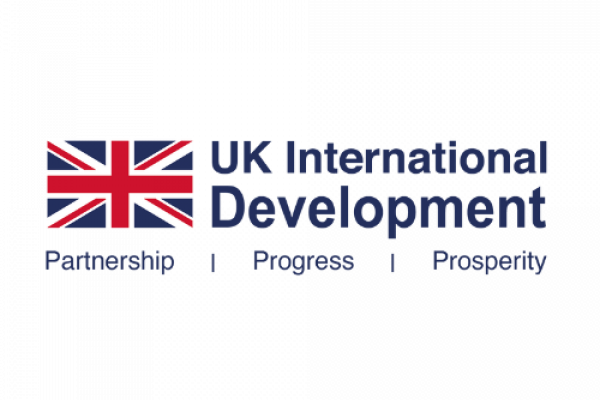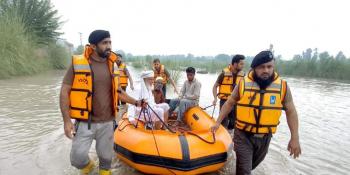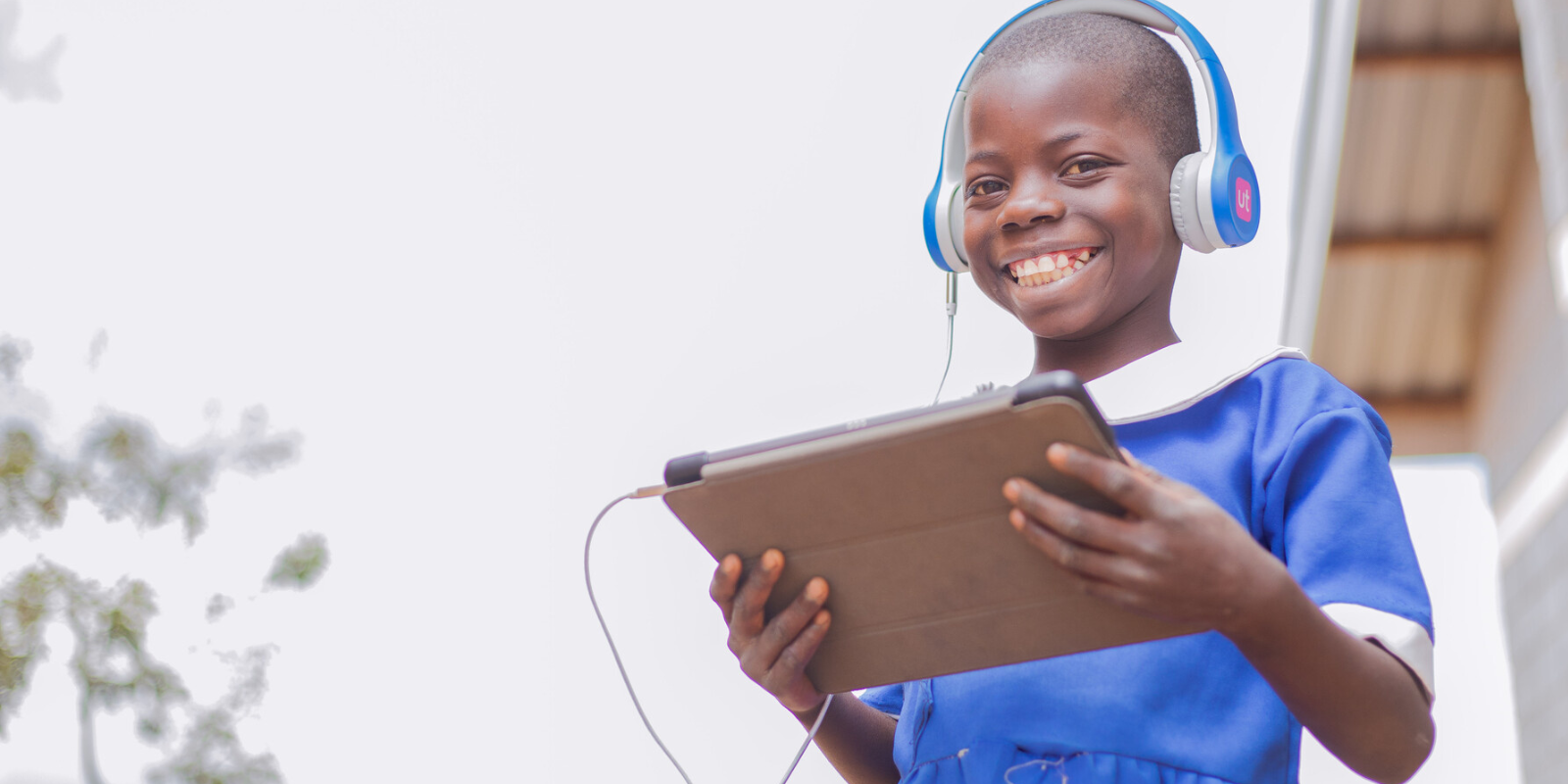Currently, there are an estimated 23 million children in Pakistan unable to attend school, the second highest figure in the world.1 Children are still impacted by the loss of schools after devastating flooding in 2022. VSO donors and supporters have been helping children learn again - find out more about the progress we've made together below.
Hear from the children and teachers who've been able to return to the classroom
What we've achieved so far
Our homes and schools got destroyed because of the floods. Thanks to VSO, we are going back to school again.
- Four transitional learning centres have been established.
- 236 children (105 girls and 131 boys) have been enrolled in the centres and provided with learning supplies.
- 358 children (139 girls and 219 boys) have attended awareness sessions in their schools and communities around safeguarding and child rights.
- 219 parents have attended awareness sessions in communities around safeguarding, child rights and gender-based violence (GBV).
- We've trained six school teachers,16 school management committees members and four education champions on GBV, providing psychosocial support, and safeguarding and protection mechanisms for children.
- We've developed Information Education Communication (IEC) material around child safeguarding.
The crisis in Pakistan
23 million children are unable to attend school.
30,389 schools are estimated to have been damaged or destroyed by the 2022 floods.
5,492 schools were used to accommodate displaced people.
The education sector was severely impacted by the 2022 flood and rain emergency in Pakistan, in terms of destruction and damages to schools, disruption of schooling, and psychosocial stress experienced by children, adolescents, and teachers.
Data from provincial Education Departments and VSO needs assessment show that at least 30,389 schools were damaged/destroyed due to the flood: 19,808 schools in Sindh, 7,439 in Balochistan, and 2,096 in Punjab. Additionally, at least 5,492 schools were used to accommodate displaced people.
Our staff, volunteers and partners on the ground, alongside our donors FCDO, mobilised in camps to ensure that access to education is still possible.
We established transitional learning spaces (TSS) to support the education, protection, and psychosocial wellbeing of children.
Seher AfsheenWhen people experience this kind of devastation, they focus on immediate survival – finding shelter, accessing essential healthcare, and ensuring their families are fed. Girls’ education becomes a secondary concern and is also often neglected by humanitarian response planning.
VSO Country Representative for Pakistan
How VSO supported flood-affected children return to school
After floods of 2022, VSO Pakistan has supported the provincial education departments to ensure provision of safe learning environments for all children, especially girls and children with disabilities. VSO has leveraged its prior knowledge and experience in the affected areas (particularly in Balochistan and Sindh) by engaging with national and international emergency management teams to ensure a well-planned education response in flood affected areas.
The Back to School Project was developed under the FCDO funded ACTIVE (Active Citizenship Through Inclusive Volunteering and Empowerment) project for providing education services for flood-affected children in Baluchistan (District Naseer Abad) and Sindh (District Dadu).
The project ensured access to education by establishing four climate-resilient structures with zero carbon footprints. These TSS also served as protection centres against future flooding.

Funded by the Foreign, Commonwealth & Development Office (FCDO) ACTIVE grant.
Footnotes
Related links
Help keep children in Pakistan safe
Right now, Pakistan is reeling from devastating floods which left a third of the country underwater. As the country grapples with the effects of a changing climate, it’s children who are being left behind.

Pakistan Floods - from planning to action
Flooding in Pakistan is a stark reminder that the increasing frequency of extreme weather events, disproportionately affects the poorest societies. Community Emergency Response Teams are in the field providing emergency action.
Pakistan
We’ve been working in Pakistan since 1987, building healthy communities and supporting people to develop sustainable and resilient livelihoods.

Support us with a donation
